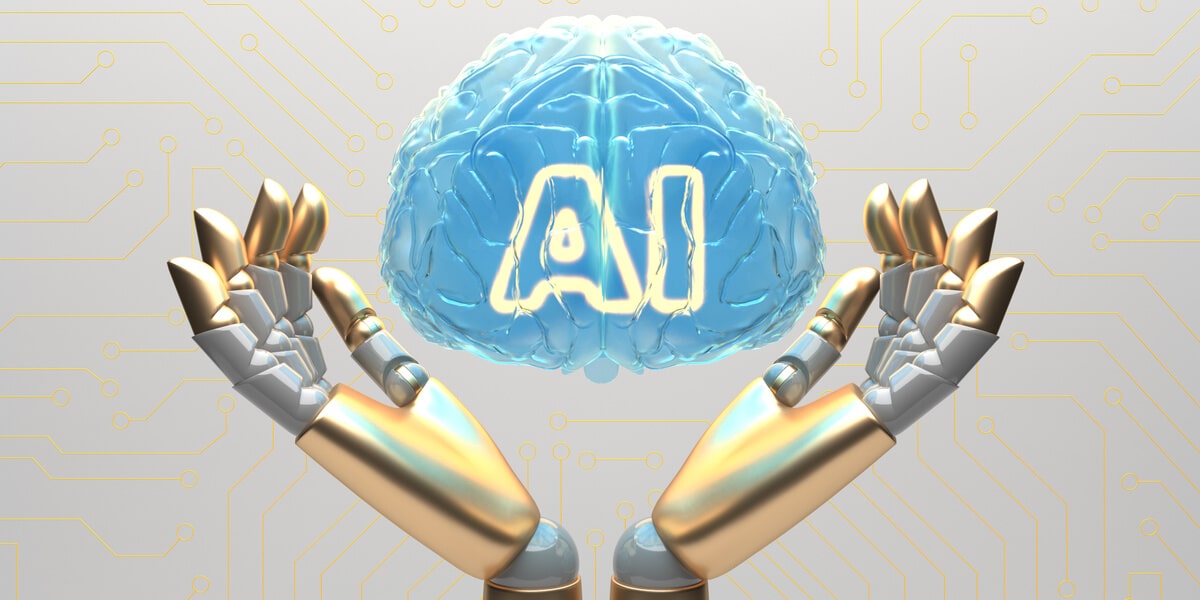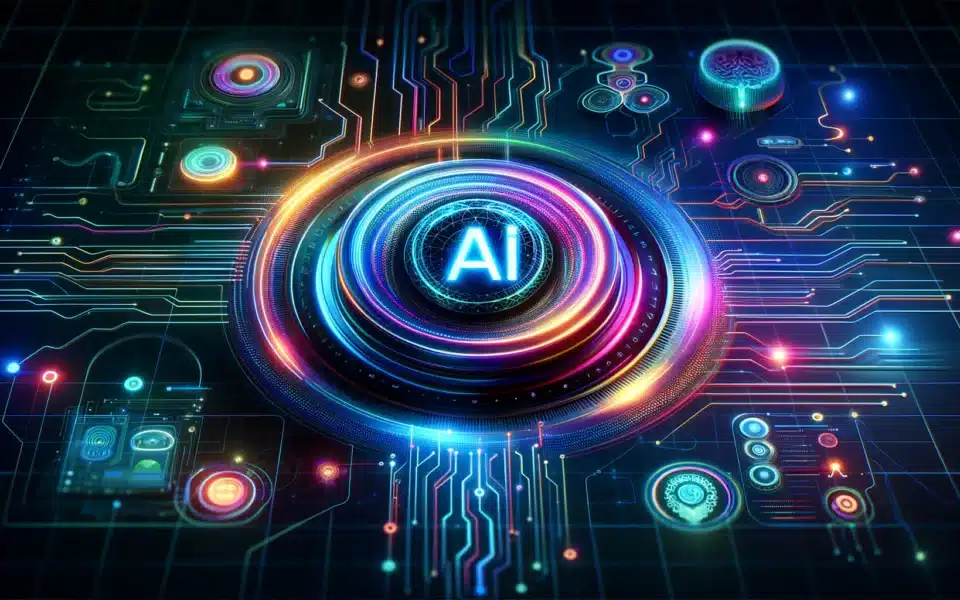
Marketing ROI. Measuring and optimizing return on investment
12 June 2023
Proof of Concept (POC): Power of Innovation
15 August 2023
Development in AI is highly dynamic, and a trace of that effect can already be seen in diverse aspects of our lives. There are, however, very important ethics questions considering the development and application of AI. This paper puts a focus on some key ethical issues of Artificial Intelligence and prospects for society and business.
Responsible for AI algorithms
Accountability of AI algorithms has been one of the major issues in the ethical discourse surrounding AI. As AI expands and becomes more complex, it becomes incomprehensible for decisions made by these systems to be understood. In case of negative implications of discrimination or misdiagnosis, those responsible should be brought to book, and mechanisms essential for transparency and accountability during the design and implementation of AI algorithms be developed.
When it comes to AI algorithms’ accountability, the questions will be like who is responsible for their actions? Traditionally, decisions and actions have been seen as the responsibility of people who foresee, control, and assume responsibility for actions. In the process of learning from Big Data, AI algorithms make complicated decision-making or hard to understand.
One of the issues of responsibility for AI algorithms is related to the lack of a clear line of responsibility among creators, operators, and users of such systems. Without question, developers of AI algorithms, whether scientists, engineers, or programmers, assume part of the responsibilities in designing and training these systems. On the other hand, system operators, implementing AI algorithms in applications, assume responsibility once those same algorithms are put into use. Some of the responsibilities may lie with users of AI systems, particularly if they impact data input into the system or make decisions ensuing from its results.
Several streams of effort are underway to ensure transparency and accountability in AI algorithm design and implementation. One direction is in the development of interpretability tools and methodologies.
Responsible data management and transparency
As regards artificial intelligence, responsible management of data and assuring transparency in everything remain the greatest contributors to public trust in AI technology.
Responsible data management means collection, processing, and utilization in a manner that is in accord with the ethical values and law. Enterprises and organizations should develop appropriate data protection policies to protect personal privacy while enabling use of data for scientific, social, and business purposes. On the other hand, data minimization principles are essential to avoid possible ways of violating an individual’s privacy.
The next relevant point is that the application of AI by organizations should be made transparent. A user should be informed about the deployment of AI algorithms analyzing his data and making decisions based on them. The clear rules and guidelines on AI use, together with the easily accessible privacy and data security policies introduced at this point, enable users to apply technology consciously.
It is similarly imperative that organizations track the societal effects of these systems through AI audits and impact assessments. The ethical analysis and risk assessment should be done at multiple stages during development and implementation to identify, analyse, and address concerns related to discrimination, inequality, or invasion of privacy.
Shaping public awareness
AI ethics are best managed through raising awareness and education on challenges and consequences related to AI. Making people aware of their rights and possibilities for control over data, transferring knowledge about potential threats, and benefits coming as a result of development of AI, helps build trust and enables responsible use of technology.
Educational programs, workshops, and informational campaigns are another way through which ethical awareness in artificial intelligence is promoted. Citizens need to be informed about the inner workings of AI algorithms, the principles of responsible collection, processing of data, and the potential consequences of misuse of AI.
Therefore, education should be aimed at developing critical thinking toward AI algorithms and how they really work. There is a need for users of the technology to have the capacity to identify probable flaws, biases, or irregularities within the operations of the AI. That may also involve identifying biasness in data that can lead to inequality or discrimination and understanding that AI algorithms are just tools, and the final decisions are to be made by humans.
Moreover, open discussion and debate on ethics in AI have to be guaranteed. By making available platforms and spaces for debates among experts, researchers, policy makers, and citizens for expressing views and suggestions regarding AI and exploring different aspects, it would mean raising understanding and acceptance of positions.
Cross-sectoral cooperation
The ethics of AI is a topic that requires collaboration among business, government organizations, and civil society, not forgetting the researchers. AI ethics seeks cooperation from various societal sectors on how to better achieve comprehensive, well-balanced AI management.
Enterprises must act responsibly, putting ethical principles into the design, development, and use of artificial intelligence systems. Governments must introduce appropriate regulations and legal frameworks to protect the rights of citizens and minimize risks of abuse. Researchers need to engage in studies on the ethics of AI and its usage implications. Finally, civil society needs to take up active involvement in the monitoring and oversight of activities related to AI.
Moreover, AI ethics should be of greatest concern when developing and using such technology. Responsible data management, public education, and cross-sector collaboration are some key elements building trust in how AI serves society fairly and ethically.


